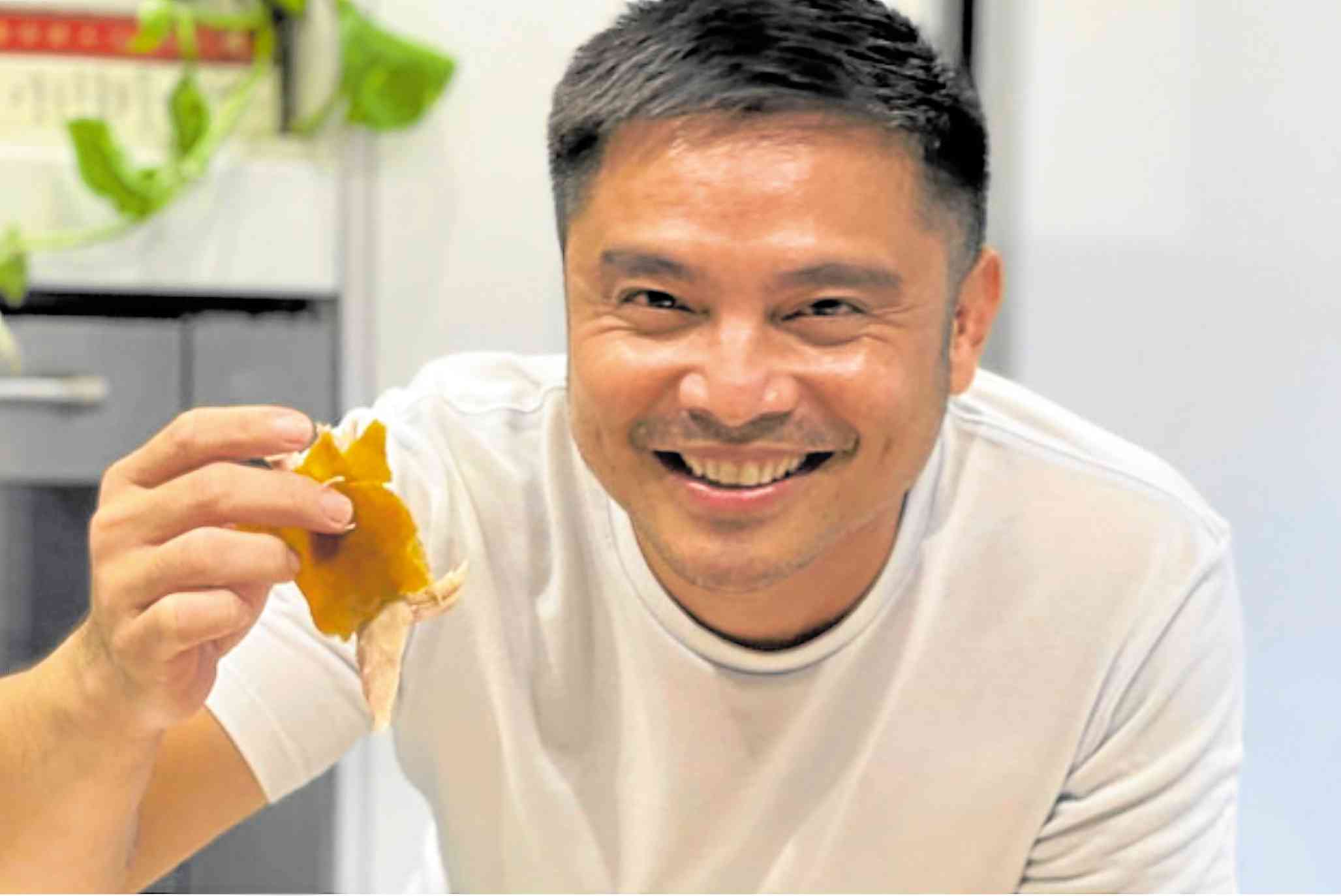Actor turned businessman Marvin Agustin is cooking up a restaurant empire that could go international in the coming years after rediscovering his passion for food during the pandemic.
The former matinee idol, who helped expand the upscale Wolfgang’s Steakhouse in the Philippines, is now moving to consolidate brands under a new group and has even mulled capital market fundraising, including an initial public offering (IPO), to support growth.
“We’re going to get aggressive,” Agustin told reporters in a recent interview.
Agustin said his food group, Yummyverse, has four brands. These are Cochi, which serves elevated local and international dishes; Filipino restaurant Secret Kitchen; cocktail lounge Kondwi and the Indian-themed Tango Tandoor.
To boost expansion, he plans to roll out franchising in 2024 and has sought expert advice on tapping the debt and equity markets.
“To be honest, it crossed my mind, to do an IPO. That’s why if ever we do that we will consolidate brands and then we will also definitely look into brands we can bring into the group,” said Agustin, who used the pandemic lockdowns to develop new restaurant concepts.
So far, his focus is to widen their domestic footprint over the next three to five years. Going global is also in the cards as the group reaches a certain scale, he added.
“Because of social media, even during the pandemic, we were getting inquiries to open in Los Angeles, Singapore, and Chicago, which is a big market,” he said.
But he was hesitant to take on offers to go international because they lacked the manpower to do so.
“That’s why I’m building it up here while expanding in Luzon,” he said.
Restaurants were among the key beneficiaries after COVID-19 restrictions were eased in early 2022. In fact, the US Department of Agriculture said growth would be sustained as it projected Philippine food services to expand by 20 percent to $13 billion in 2023.
Agustin said their restaurants were typically profitable within one to two years but he has bigger goals in terms of building his presence in the completive food sector.
“How we think about it is are you opening a restaurant or are you creating a brand? If you’re creating a brand, you’re spending a little bit more on capex (capital expenditures) because you’re establishing a certain standard,” he said.
